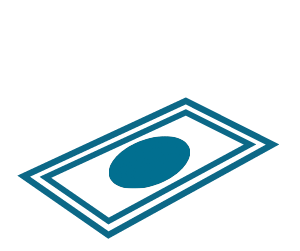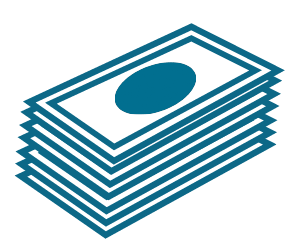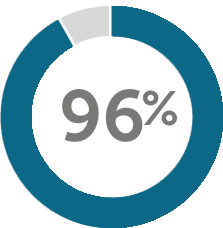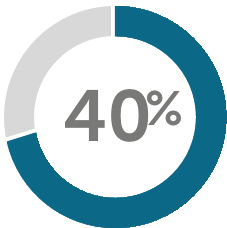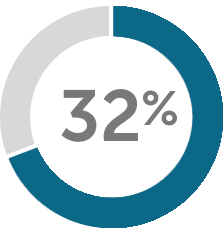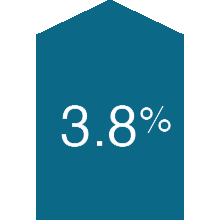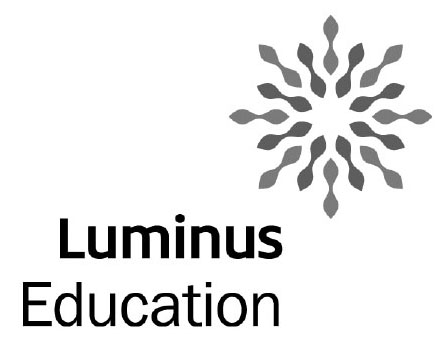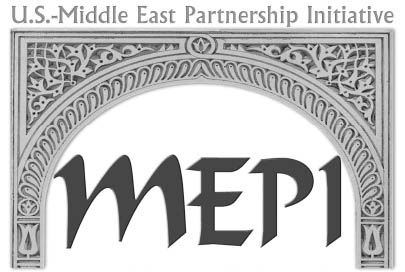Research
Study: The Social Return on Investment of PTS
George Washington University partnered with IYF to assess the impact and identify the monetary value of its signature life skills curriculum, Passport to Success. Using Social Return on Investment methodology researchers found that every $1.00 invested in PTS produces a $7.17 gain in benefits to stakeholders in five years. In other words, PTS generates more than seven times the value invested. A brief summarizes the full report’s findings.
Employer Survey: Hilton
Global hospitality leader Hilton has invested in PTS for thousands of employees around the world. In this survey of supervisors at their properties, learn more about the results they've seen — especially for retention and promotion.
Impact Evaluation: Mexico, South Africa, and Zimbabwe
PTS allows CONALEP, part of Mexico’s national education system, to prepare students to be work-ready with life skills that complement their technical training. In our impact evaluation, learn how it can start by spurring students’ motivation to stay and perform better in school. PTS participants in South Africa and Zimbabwe saw significant increases in employment outcomes and income.
Measuring Life Skills
According to IYF's Life Skills Framework, there are four domains where youth must cultivate life skills: the identity or mindset domain, the interpersonal or relationship domain, the higher order thinking or intellectual domain, and the community mindset or ethical domain. Within these domains, we have identified 14 life skills that are critical to unlocking youth agency and consequently increasing their economic opportunities. These skills were informed by relevant international and US-based existing life skills resources and frameworks such as those produced by CASEL, UNICEF, USAID, Character Lab and Partnerships for Learning 21st Century Skills.
In 2020, IYF developed the Life Skills Survey Tool (LiSST), a youth self-report survey designed to assess and measure changes in life skills. The tool consists of 49 statements on life skills organized into the four domains.
The survey items are rated on a scale of 1-5 (Almost Never, Once in a while, Sometimes, Often, Almost all the time). Scores are generated by averaging responses in each domain, not by each skill. It can be administered either as a retrospective or pre-post assessment. The survey has been validated with a group of youth from the United States. For more information on reliability and validity, please reach out Linda Fogarty, Director of Measurement, Evaluation, Research and Learning.
This is an open-source tool; if you are interested in using this tool please cite IYF and the LiSST tool.

